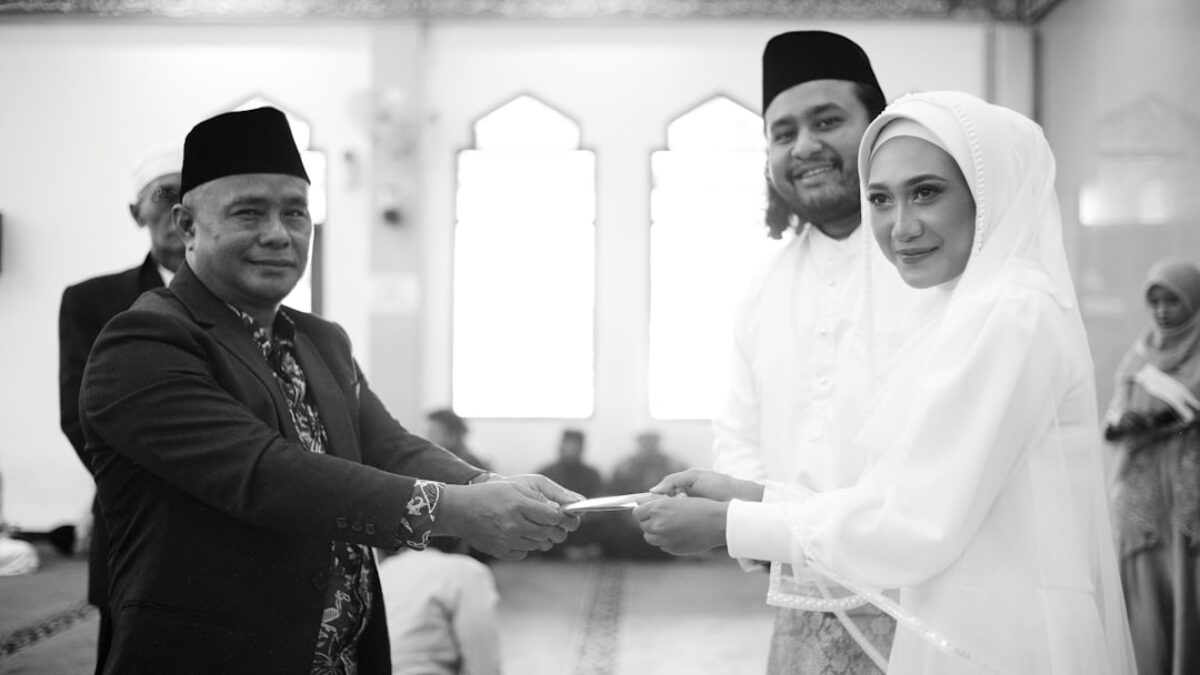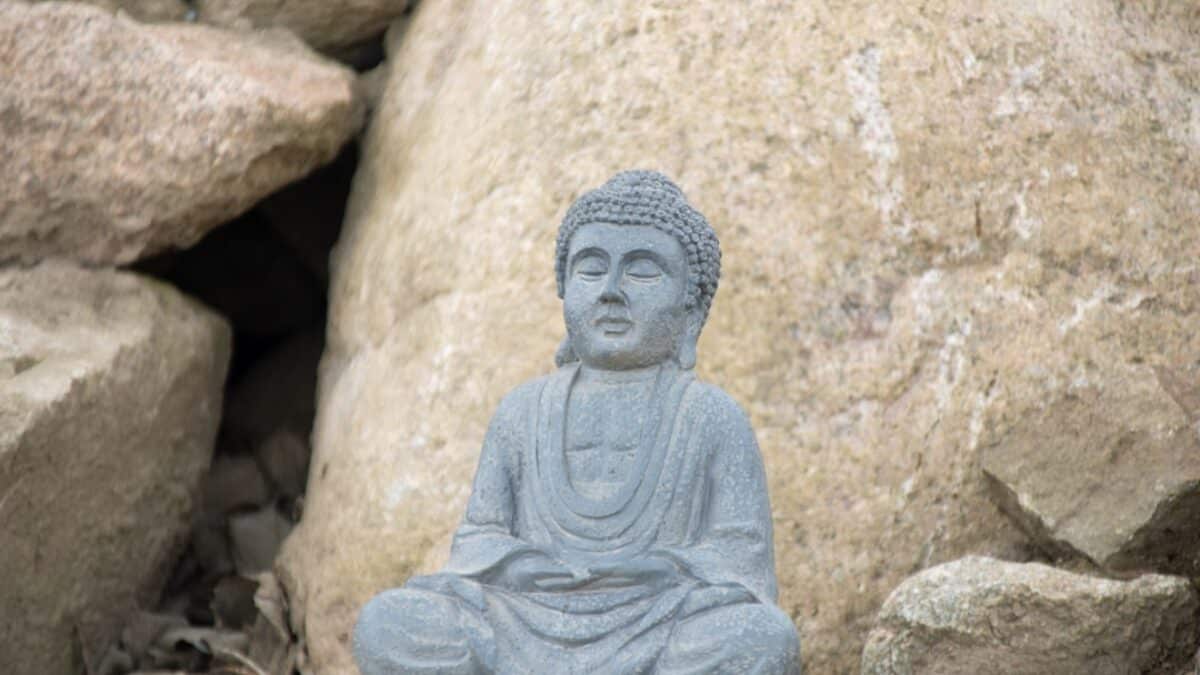A peaceful, loving home is the heart of a thriving family. In the Islamic tradition, duas—supplications to Allah—serve as a direct channel for seeking His guidance, mercy, and barakah (blessings). When recited with sincerity, the right duas can soften hearts, dissolve resentment, and weave an unbreakable bond of unity among spouses, parents, children, and extended relatives. This article explores powerful duas for family unity, love, and lasting peace at home, offering practical guidance on when and how to use them, real-life examples, and answers to the most common questions.
Understanding the Spiritual Framework of Family Unity in Islam
Islam views the family as the first unit of society and the cradle of faith. The Prophet ﷺ said, “The best of you are those who are best to their families” (Tirmidhi). Achieving harmony therefore transcends simple etiquette; it is an act of worship. Duas act as spiritual catalysts, aligning hearts with divine values such as sabr (patience), rahmah (compassion), and tawakkul (reliance on Allah).
The Role of Intention (Niyyah) in Family-Focused Duas
Before uttering a single word, clarify your intention. Ask yourself:
- Am I seeking Allah’s pleasure or merely my own comfort?
- Do I desire the benefit of every family member, not just myself?
A pure intention transforms ordinary speech into ‘ibadah (worship), multiplying the dua’s impact.
The Qur’anic Blueprint for Household Tranquility
Allah declares in Surah Ar-Rum 30:21:
“And among His signs is that He created for you from yourselves mates that you may find tranquility in them; and He placed between you affection and mercy…”
This verse is itself a living dua. Reciting it while reflecting on its meaning invites Allah’s rahmah into the home.
Key Components of Powerful Duas for Family Unity
Essential Qur’anic Verses
- Surah Al-Furqan 25:74 – “Our Lord, grant us from among our wives and offspring comfort to our eyes…”
- Surah Al-Ahqaf 46:15 – A parent’s plea for righteous offspring.
- Surah Al-Isra 17:80 – Seeking Allah’s guidance for every entrance and exit in life’s affairs.
Prophetic Supplications (Sunnah Duas)
- Dua between Adhan and Iqamah: Most accepted moment for personal and family needs.
- Quranic dua of Zakariya (AS) in Surah Al-Imran 3:38 for righteous progeny.
- Post-prayer dua taught by Prophet ﷺ: “Allahumma inni as’aluka hubbaka wa hubba man yuhibbuka…” (O Allah, I ask You for Your love and the love of those who love You).
Incorporating Names of Allah
Invoke Ya-Wadud (The Most Loving), Ya-Salam (The Source of Peace), and Ya-Jami’ (The Uniter). Combining these names with heartfelt pleas magnifies the dua’s potency.
Benefits and Importance of Daily Family-Centered Duas
| Benefit | Spiritual Mechanism | Observable Outcome |
|---|---|---|
| Emotional Regulation | Remembrance of Allah calms the nafs (soul). | Fewer outbursts and more thoughtful speech. |
| Shared Purpose | Collective dua fosters ukhuwwah (brotherhood). | Increased cooperation in household tasks. |
| Protection from External Negativity | Angels surround a home where Qur’an is recited. | Less envy, gossip, or intrusion from harmful influences. |
| Barakah in Time & Wealth | Allah enlarges sustenance when gratitude is shown. | Unexpected ease in finances and schedules. |
Practical Applications: How to Make Duas Work in Real Homes
Morning and Evening Collective Adhkar
Allocate seven minutes after Fajr and Maghrib for the family to recite:
- Ayat al-Kursi – for protection.
- Surah Al-Baqarah 2:201 – for good in this world and the next.
- A personal dua circle: each member voices one need aloud while the others say “Ameen.”
Handling Conflict: A Step-by-Step Dua Routine
- Pause & Purify: Perform wudu to cool anger.
- Two Rak’ahs of Salat al-Hajah—the prayer of need.
- Recite Surah Al-Asr to remind everyone of time’s value.
- Joint dua: “Allahumma allif bayna qulubina…” (O Allah, unite our hearts).
- Physical touch: A handshake or hug seals the emotional reset.
Creating a “Dua Corner” in the Home
Designate a quiet nook with:
- A small prayer rug facing the Qiblah.
- A whiteboard for daily family duas.
- A jar of gratitude notes—written thanks to Allah before requests.
Weekly Family Halaqah (Study Circle)
Spend 30 minutes every Friday after Maghrib:
- Read a hadith on good character.
- Each person shares one success and one struggle of the week.
- Conclude with collective dua, palms raised, hearts open.
Real-Life Examples: Stories of Transformed Households
Case Study 1: The Reunited Siblings
A brother and sister in Toronto had not spoken for five years over an inheritance dispute. Their mother began reciting Surah Al-Fatihah for them after every salah. Six months later, during Ramadan’s last ten nights, both siblings dreamt of their deceased father advising reconciliation. They met for suhoor the next day, forgave one another, and now co-host Eid gatherings.
Case Study 2: New Parents Overcoming Postpartum Stress
Sarah and Khalid, first-time parents in London, struggled with sleepless nights and sharp words. They placed sticky notes on the crib with Surah Al-Furqan 25:74. Each diaper change became a reminder to recite the verse three times. Gradually, patience replaced irritation, and the baby began sleeping longer—an outcome they attribute to divine mercy.
Case Study 3: Multigenerational Home in Jakarta
Grandmother Aminah led a weekly session after Isha where grandchildren recited Ya-Wadud 100x while holding hands in a circle. Over one year, teenage grudges melted, and the cousins created a youth group that now volunteers at an orphanage together.
Frequently Asked Questions
What is the best time to make dua for family unity?
The last third of the night (Tahajjud time) is universally accepted. However, moments between the Adhan and Iqamah, while fasting at iftar, and after obligatory prayers are also highly potent. The key is consistency—choose a time the entire family can realistically sustain.
Can children participate in family duas, and how?
Absolutely. Begin with short, melodious verses such as Surah Al-Ikhlas. Use hand motions or drawings to keep toddlers engaged. Older children can rotate as “dua leaders,” boosting confidence and instilling leadership rooted in spirituality.
Should duas be recited individually or collectively?
Both. Individual duas nurture personal connection with Allah, while collective duas forge family identity. A balanced approach is to allot three minutes private, then three minutes together. The Prophet ﷺ sometimes prayed alone and sometimes led his family.
How long does it take to see results from these duas?
Imam Ibn al-Qayyim explained that duas are answered in one of three ways: immediate granting, removal of equivalent harm, or stored as reward in the Hereafter. Observable changes—softer speech, fewer arguments—can appear within weeks, but internal transformation may take months. Patience is itself worship.
What if a family member refuses to join dua sessions?
Maintain adab (etiquette). Lead by example, not coercion. The Prophet ﷺ advised: “Let not one of you belittle himself.” Instead of arguing, quietly make secret dua for that person; hearts are in Allah’s control. Often, witnessing sincerity softens resistance.
Are there any specific etiquettes for women on their menses?
While they abstain from ritual prayer, women may still recite duas and Qur’anic verses from memory or read them without touching the mushaf. Encourage them to lead the emotional tone by sharing reflections aloud, ensuring their spiritual role remains active.
Can I use translated duas if I don’t speak Arabic fluently?
Yes. Allah understands every language. However, learning key Arabic phrases preserves Prophetic wording and barakah. Use transliteration cards, apps like “Dua & Azkar,” or set weekly goals—one new Arabic phrase per week—to gradually build fluency.
Conclusion: Weaving Duas into the Fabric of Daily Life
A home illuminated by consistent, heartfelt duas becomes a sanctuary of sakina (divine tranquility). Begin today: choose one Qur’anic verse and one Prophetic dua shared in this article, place them on your fridge, and recite them together after the next prayer. Let the melody of “Our Lord, grant us from among our wives and offspring comfort to our eyes” echo through your corridors, anchoring every heart to the ultimate source of love and unity—Allah Himself. The journey to an unbreakable family bond starts with a whispered plea and grows into a legacy of peace that spans generations.
























Post Comment